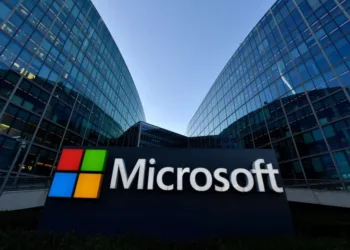Xiaomi has officially launched its first AI-powered smart glasses in China, priced at 1,999 yuan (~$279). These smart glasses directly compete with Ray-Ban Meta eyewear while offering superior battery life and advanced AI capabilities at a more affordable price point.
Table of Contents

Xiaomi AI Glasses Key Specifications
| Specification | Details |
|---|---|
| Price | 1,999 yuan (~$279) |
| Camera | 12MP ultra-wide with EIS |
| Battery Life | 8.6 hours (45min charge) |
| Processor | Qualcomm Snapdragon AR1 |
| Audio | 5 microphones, 2 speakers |
| AI Assistant | Hyper XiaoAi voice control |
Superior Battery Performance
The standout feature is the 8.6-hour battery life on a single charge – double that of Ray-Ban Meta glasses. The device takes just 45 minutes to fully recharge, making it practical for all-day use without frequent charging interruptions.

Advanced Camera System
Equipped with a 12MP ultra-wide camera featuring electronic image stabilization (EIS), the glasses capture high-quality photos and videos hands-free. This imaging capability rivals smartphone cameras while maintaining the convenience of wearable technology.
AI-Powered Features
The integrated Hyper XiaoAi voice assistant enables hands-free control for online searches, photo/video capture, text messaging, and real-time language translation. Five built-in microphones ensure accurate voice recognition in various environments.

Technical Architecture
Powered by Qualcomm’s Snapdragon AR1 chip and BES2700 Bluetooth audio processor, the glasses deliver efficient performance while maintaining low power consumption for extended battery life.
Market Competition
Xiaomi’s aggressive pricing strategy positions these glasses as a compelling alternative to Ray-Ban Meta’s premium offerings, potentially disrupting the smart glasses market with accessible AI-powered wearables.
FAQs
What’s the battery life of Xiaomi AI Glasses?
They offer 8.6 hours of usage on a single charge with 45-minute fast charging.
How much do Xiaomi AI Glasses cost?
The starting price is 1,999 yuan (~$279) in the Chinese market.








